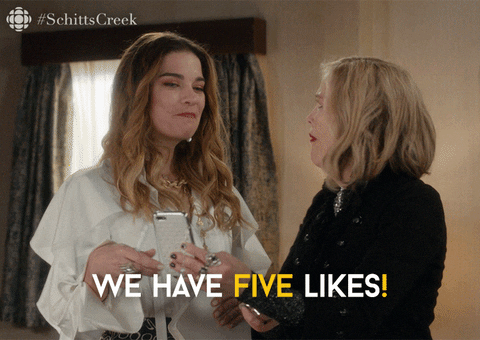Instagram's Repost feature does more harm than good
Instagram's Reposts function seems to be a feature nobody asked for, and it’s already hurting activism and harming your reach.

If you’re on Instagram, you’ve probably heard about the newly-introduced Repost function. Seems to me like a feature nobody asked for, but some users do seem to be adopting it.
Here’s the thing: where exactly do those Reposts go? The official line from Meta is:
- Reposts will be in a separate tab on your profile
- Reposts will also be recommended to your friends’ and followers’ feeds
Reports seem to be, well, a bit mixed on that second point, however. Users have reported not seeing reposts from their friends on their home feeds, and not being able to see when others have reposted their content.
The bigger issue, however, is the low effort–and low visibility–that comes with the Repost function, and how it could actually hurt the overall exposure of your content.
Instagram Reposts are hurting activism
Reposting on social media in general has been criticized as performative, and activists have rightly questioned the impacts that reposts on social media can have. In the context of Instagram, however, Reposts seem to be even more harmful to the exposure of information shared by activists.
Users aren’t even sure where or if they’re seeing Reposts, and the most obvious place to see them is in a profile page tab. If you’ve been online for any length of time, you know that’s a lot of clicks to expect from someone to get to that tab.
Reposts are tempting because they’re such a low-effort way to share content you appreciate. But, it seems to result in less exposure overall… which makes perfect sense, because Instagram has never rewarded low-effort actions.
On social media, low effort equals low reward
If you’re a small business owner, then you know the actions that your friends can take to boost your exposure. Not all actions are created equal, however:
- Save: a high-value action, because a user has indicated that your post is valuable enough that they want to come back and look at it again.
- Share: a higher-effort, higher-value action–your audience has signaled that the content is worth sharing with their own following.
- Comment: a lower-effort and lower-value action. Your content did resonate with the viewer enough for them to write a comment in response, however, so it ranks higher than a Like.
- Like: low effort, low reward. You can click the like button and move on without even fully digesting what a given post was about.
The new Repost feature is clearly a low-effort action on the level of Likes. That means you can expect low rewards from the algorithm when using Repost, compared to what you'll see if you use one of the other available actions instead.
The moral of the story? If you want to support small businesses and organizations that are doing good, skip the Repost function and take the high-effort action instead.
And, if you want to gain more exposure for your own content, encourage your audience to take those higher-effort actions, too. (calls-to-action, anyone?)
Did you enjoy this article? Fuel my radical energies and buy me a snack:
1. Subscribe to The Radical Marketer.
You'll get musings on how to deal with online marketing and tech more radically and ethically, free to your inbox, every Tuesday. And, you'll get handy bonuses if you become a paid subscriber. Choose your tier here.
2. Get the Simplify + Sell Website Planner.
Our Website Planner takes the confusion out of what to say and where to say it on your website, so you can book more clients whether you DIY or hire a pro. Get your copy of the planner.
3. Book Your Consultation with Team Upswept.
We didn't come to play! We deliver the full meal deal for your done-for-you online marketing needs, whether it's website, social, or email, or all three. Go get on our calendar!
